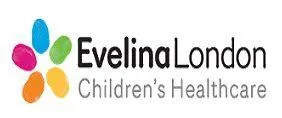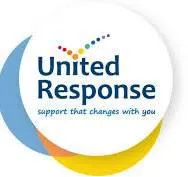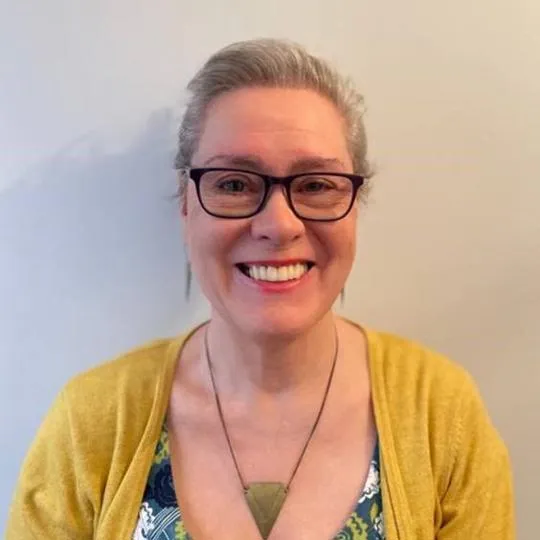Improving Communication with Adults with Learning Disabilities (ICALD) is a five-year programme grant which aims to develop a range of approaches to improve communication between staff and adults with learning disabilities in social care settings.
Many people with learning disabilities experience difficulties with communication. People with learning disabilities with additional communication impairments are at increased risk of social isolation, misunderstanding, health inequalities, and neglect or abuse that they are unable to report.
Addressing communication issues, respecting people's right to communicate and having their preferred mode of communication respected is paramount, and the ICALD programme grant aims to find ways to improve communication with people with learning disabilities who experience difficulties with communication.
Through a series of work packages, we will work with stakeholders to develop a new approach to improve the way communication is supported in social care settings. Our goal is to improve quality of life outcomes for adults with learning disabilities. We will then evaluate the effectiveness of our new approach in improving outcomes as well as assessing its cost implications.
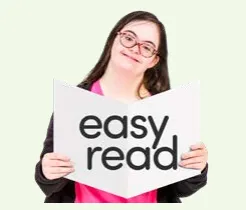
Work packages

The programme consists of five work packages:
- WP1 Realist Review (2023-2024) – Current practices: A Realist Review aiming to gather evidence on interventions used to support communication with people with learning disabilities.
- WP2 Ideal practice, barriers and facilitators (2024) – Interactive workshops and interviews with stakeholders to explore the changes they would like to see in support for communication, and identify barriers and facilitators for the implementation of such changes.
- WP3 Outcomes that matter (2024-2025) – Workshops aiming to identify desired long-term outcomes and the pre-conditions, assumptions and knowledge gaps to be addressed, in order for those outcomes to be achieved. What are the key indicators of change and how will we measure them?
- Development of a training and education package (2024-2025) – Development of a Workforce Development Program (education & skills) to improve communication support for adults with learning disabilities, co-produced with stakeholders.
- WP5 pilot and stepped wedge study (2026-2027) – Implementation and evaluation of the training package through a pilot study followed by a stepped-wedge study and in depth ethnographic observations and interviews. An economic evaluation will determine the costs of delivering the training package.
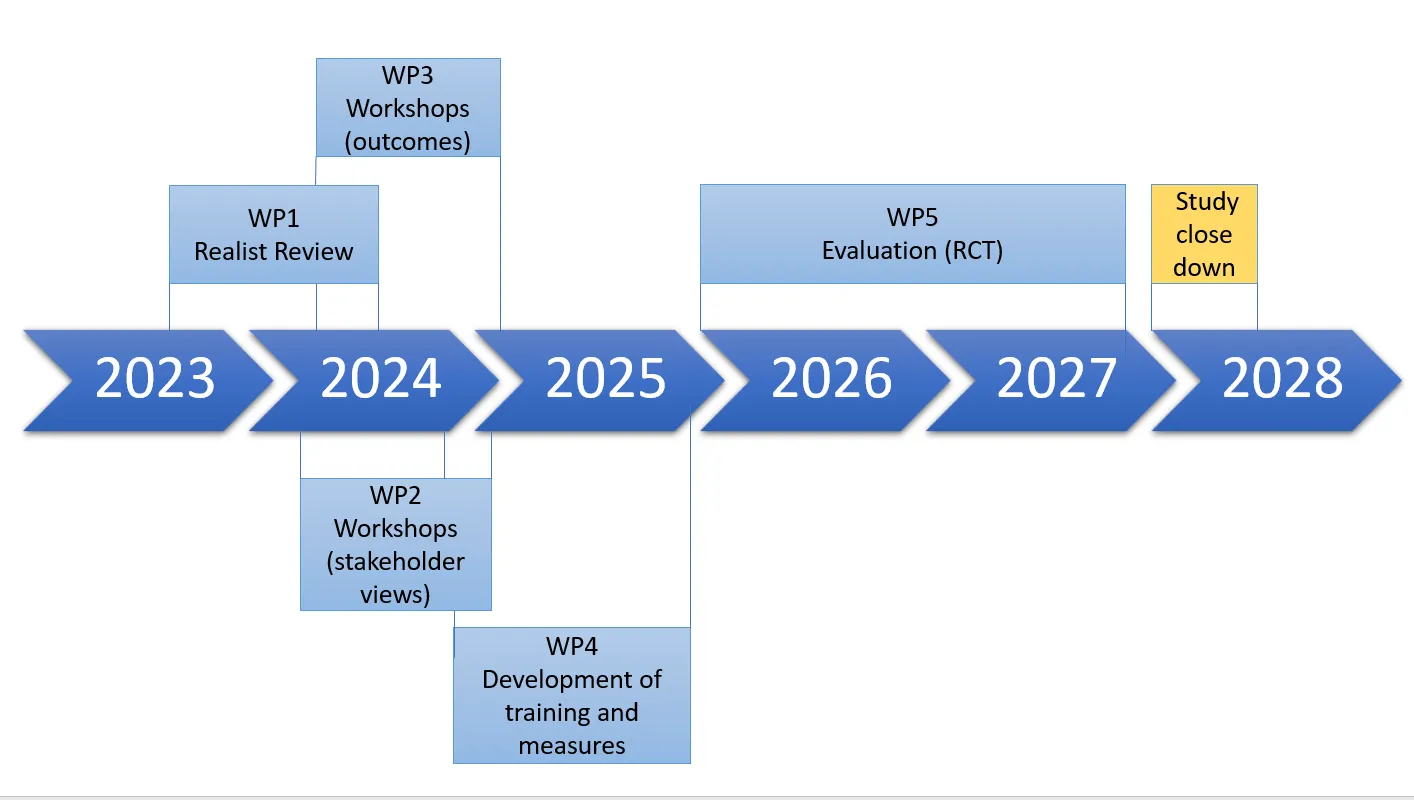
Co-production
The ICALD programme will be co-produced by researchers, people with learning disabilities, family carers and staff working in social care settings.
Co-production means that both professionals and experts by experience work together as equal partners throughout a project and are all involved in decision-making. It has been shown that when projects are co-produced, better outcomes are achieved.
Hear what people have to say about ICALD
Dr Kathy Leadbitter explains how the idea of the ICALD programme came about.
Professor Chris Hatton talks about three things he likes about the ICALD programme.
Professor Jill Bradshaw talks about the importance of good communication.

Improving Communication with Adults with Learning Disabilities is funded by the National Institute for Health and Care Research (NIHR204416). The views expressed are those of the authors and not necessarily those of the NIHR or the Department of Health and Social Care. More information about the research can also be found on the NIHR's website.
Our Partners
Our co-investigators:
- Professor Jill Bradshaw: Professor of communication in intellectual and developmental disabilities
- Professor Chris Hatton: Professor of social care at the Manchester Metropolitan University
- Dr Kathy Leadbitter: Research Fellow at the University of Manchester
- Alan Williams: Research Fellow at the University of Birmingham
- Mary Busk: Member of the public bringing her experience as a family carer
- Perveen Quazi: Member of the public bringing her experience as a family carer
Our Researchers
- Dr Annette Bauer: Assistant professorial research fellow at the London School of Economic
- Dr Magdalena Mikulak: Research Fellow at Lancaster University
- Dr Dimitra Magkafa: Research Associate at the University of Manchester
Former Team Members
- Dr Elizabeth Tuudah
- Inez Gaczkowska
- Dr Lizzie Gale
- Dr Kate Precious
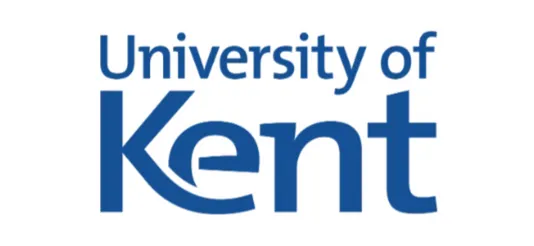
University of Kent

Manchester Metropolitan University
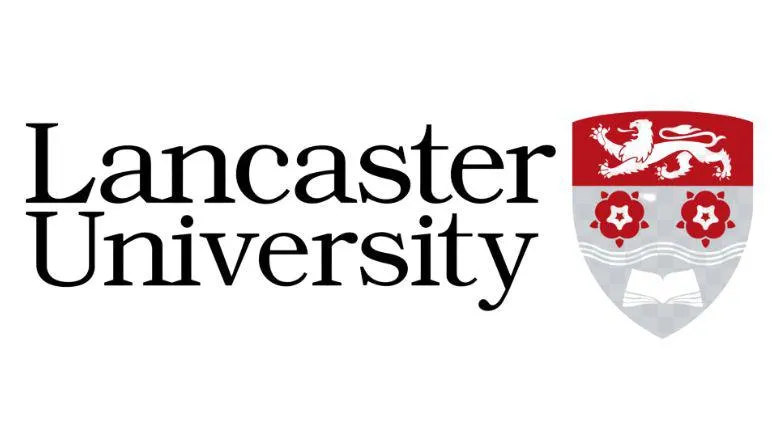
Lancaster University
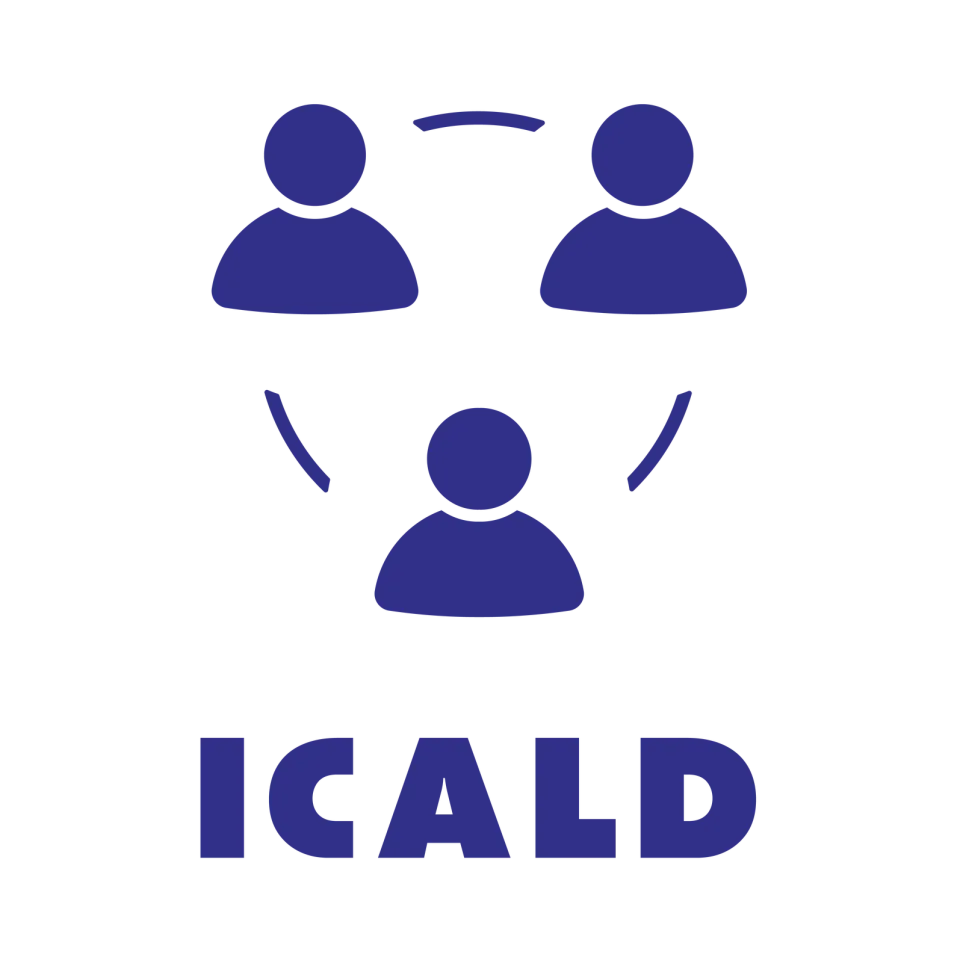
Group leads
Contact us
If you have any questions, please contact our Programme Manager Dr Victoria Ratti

